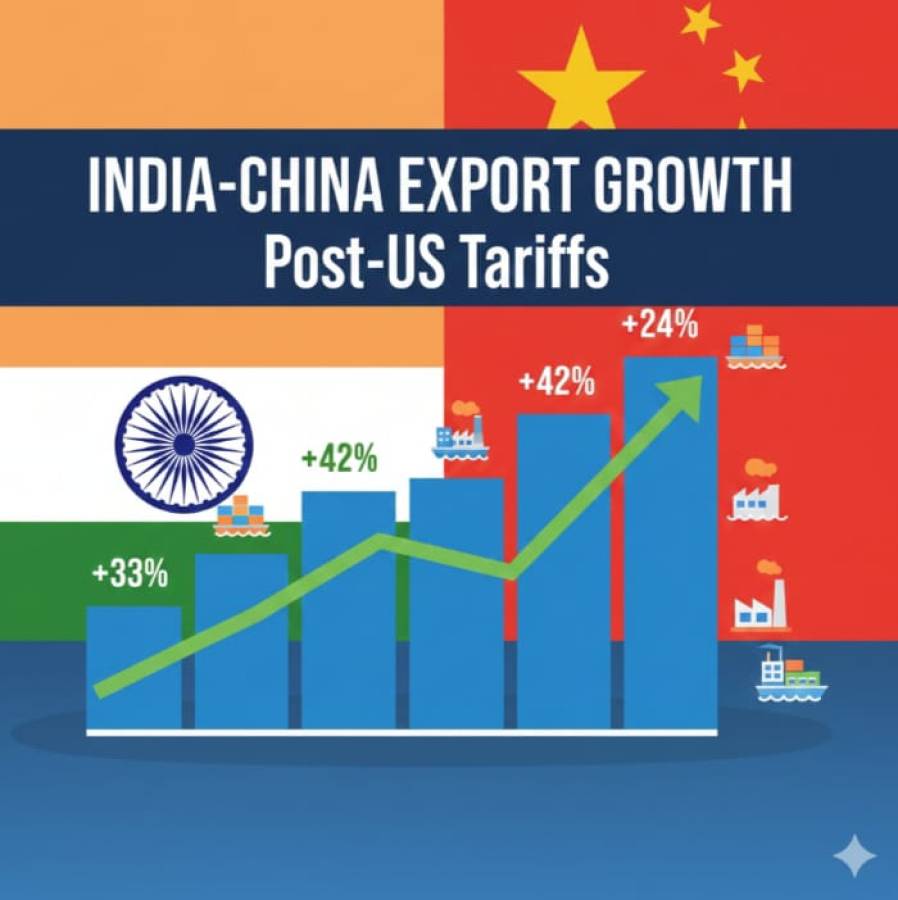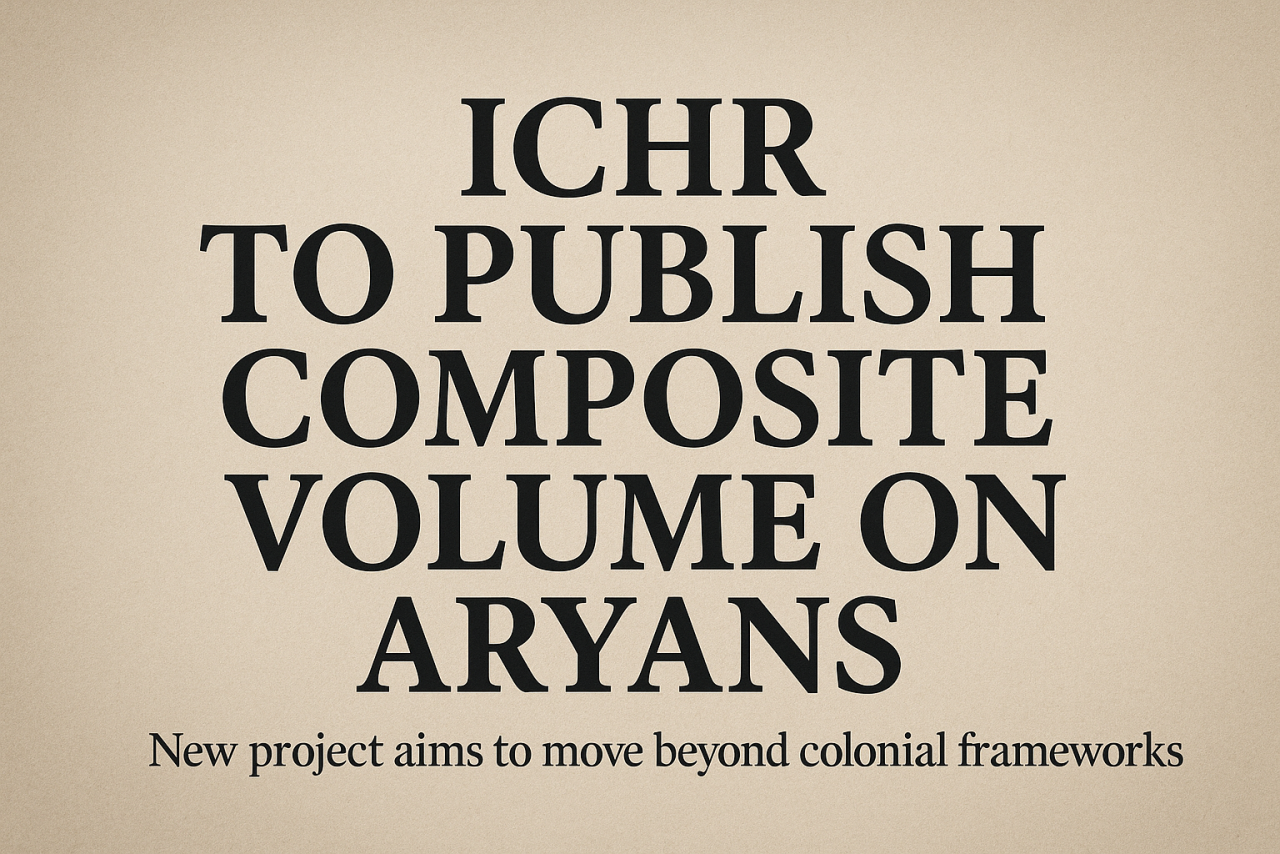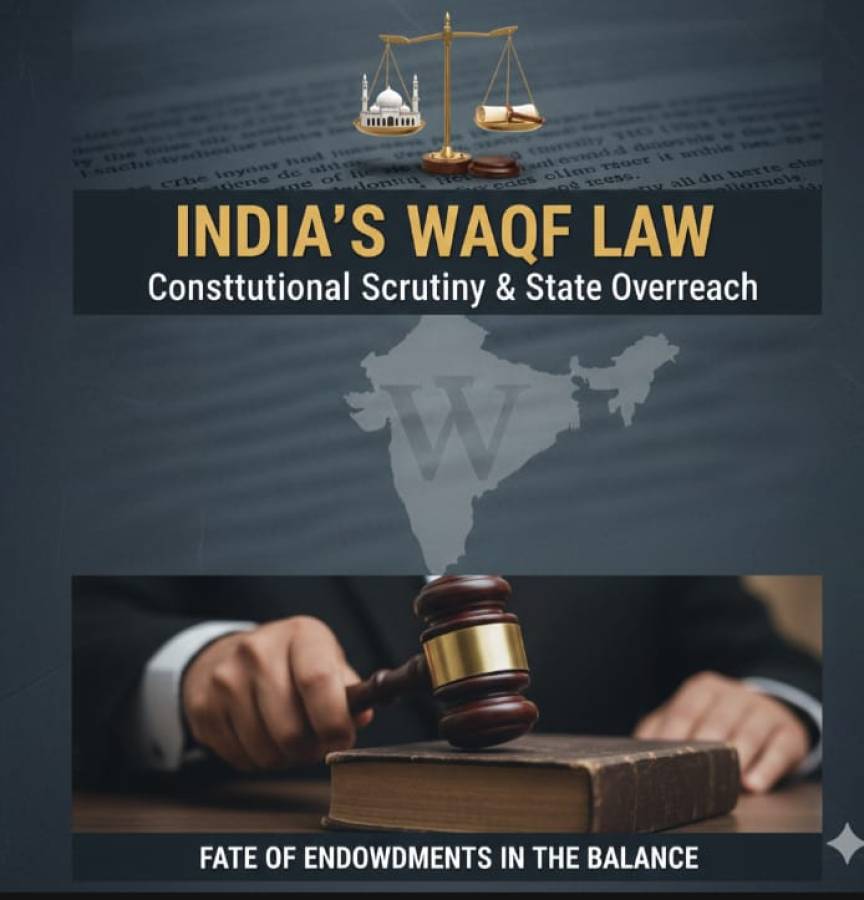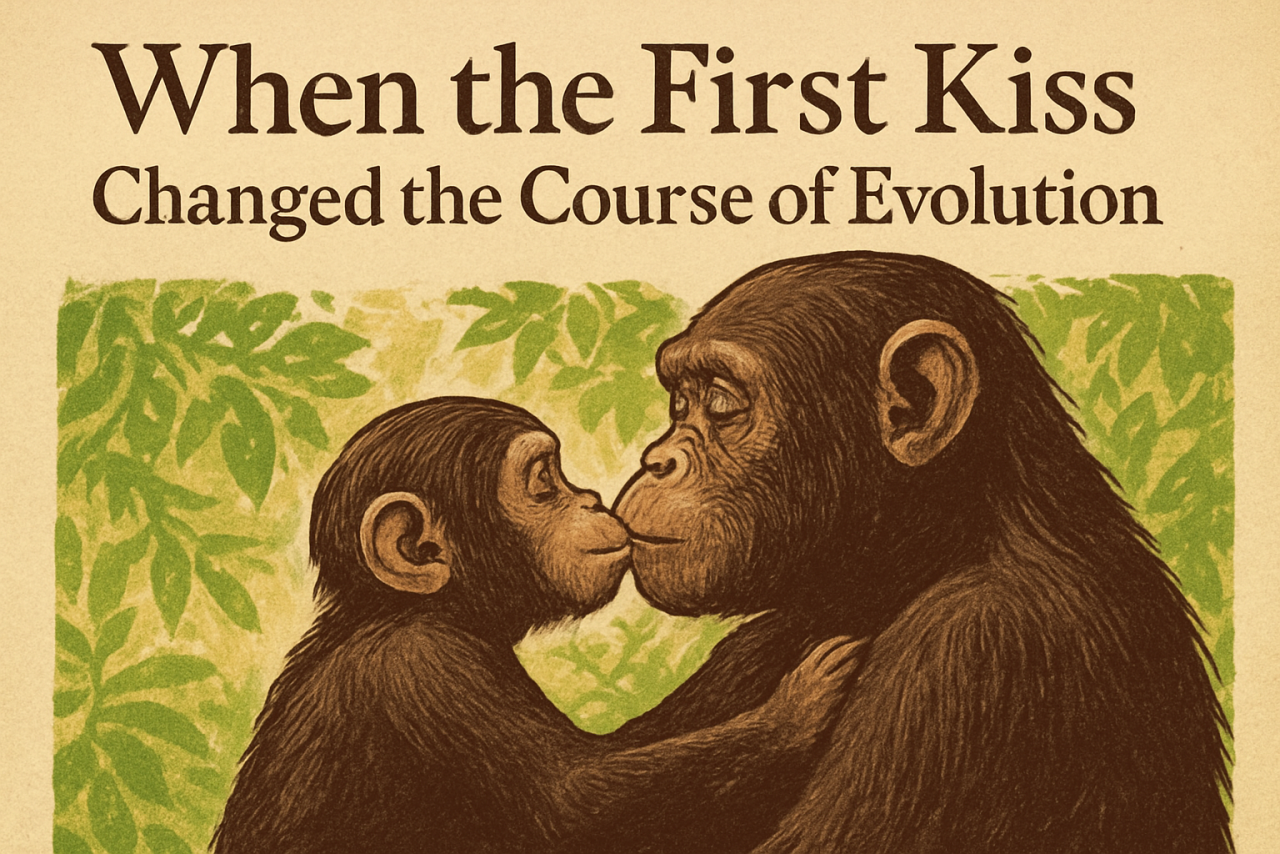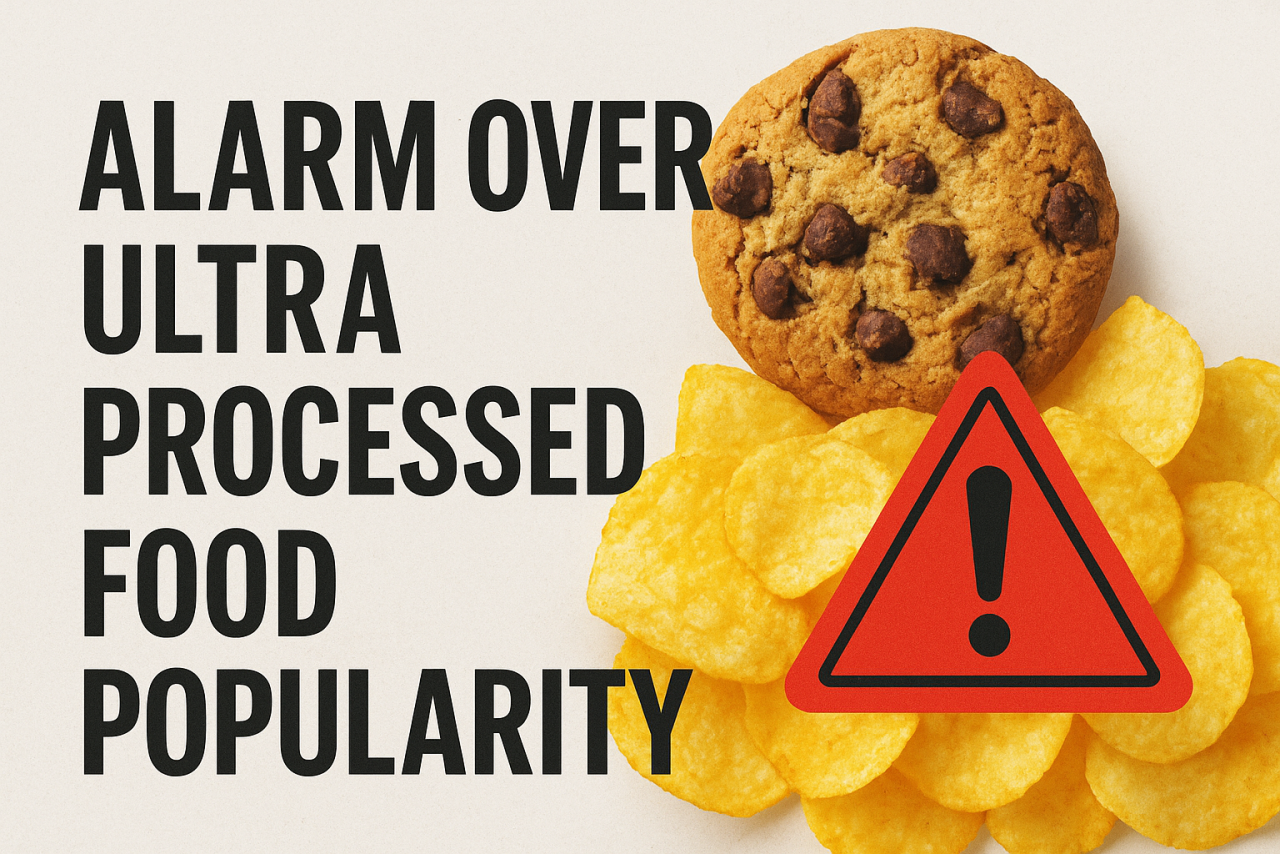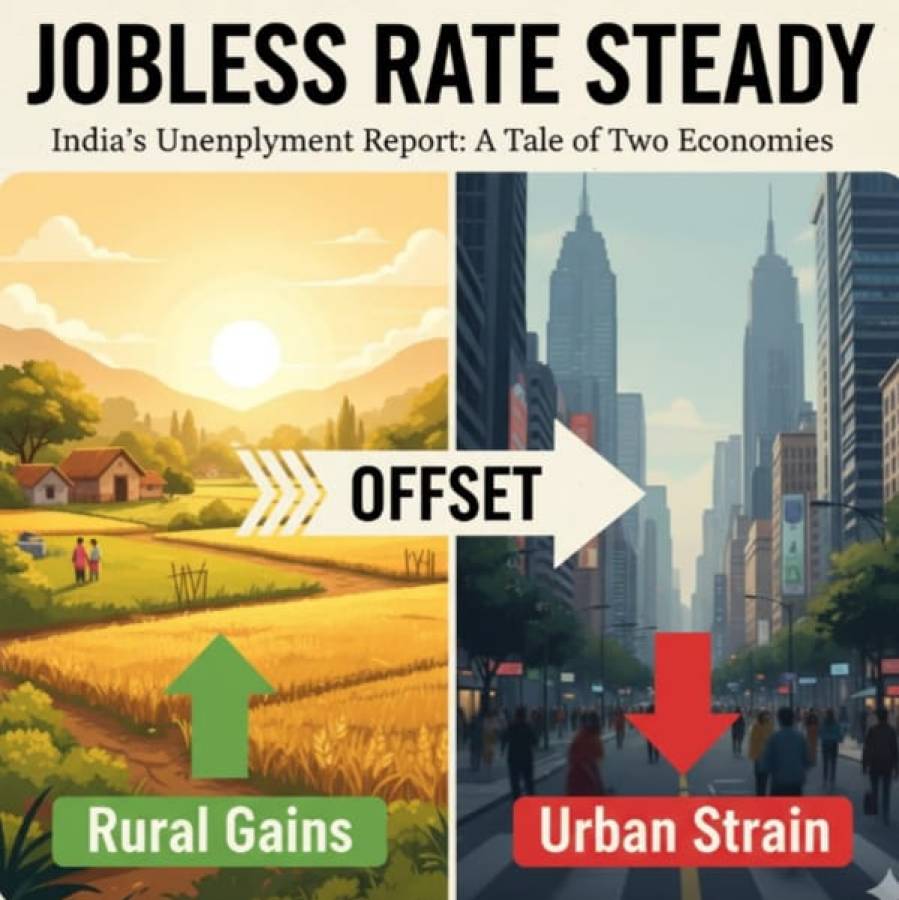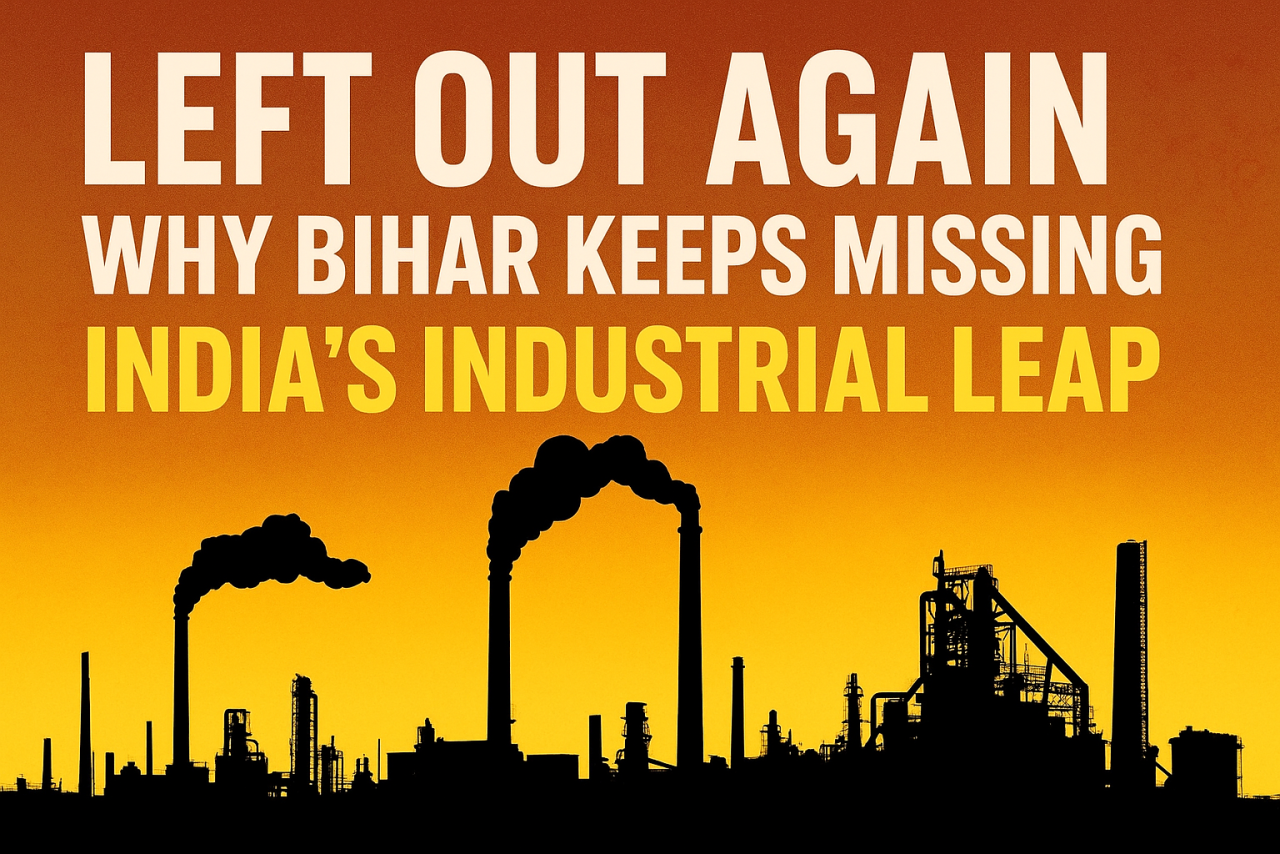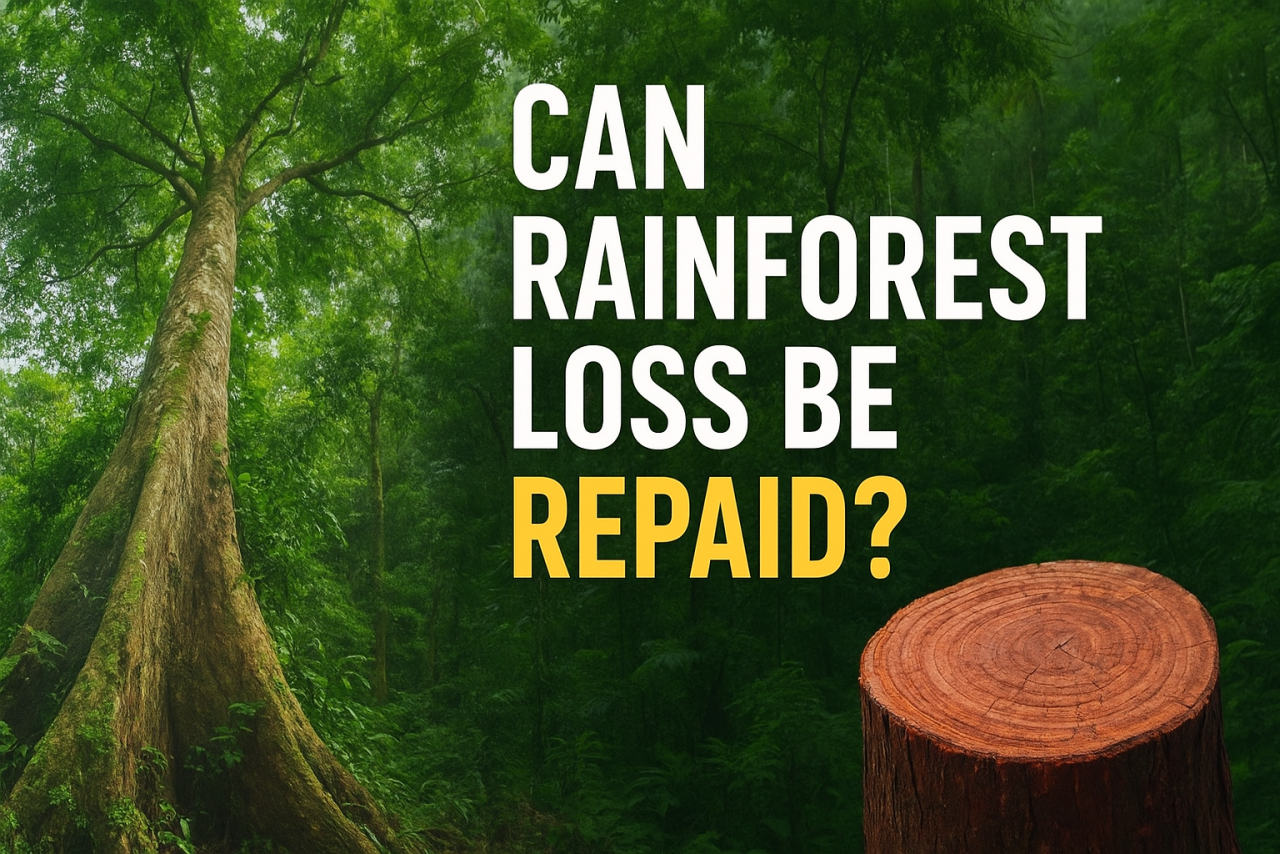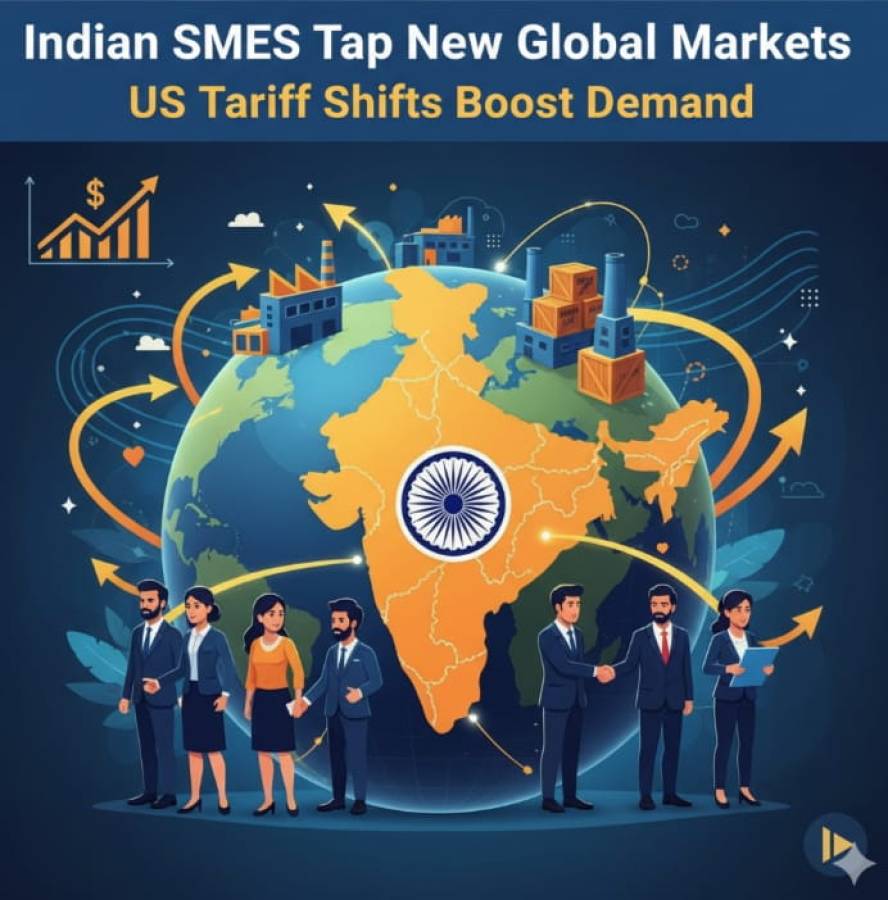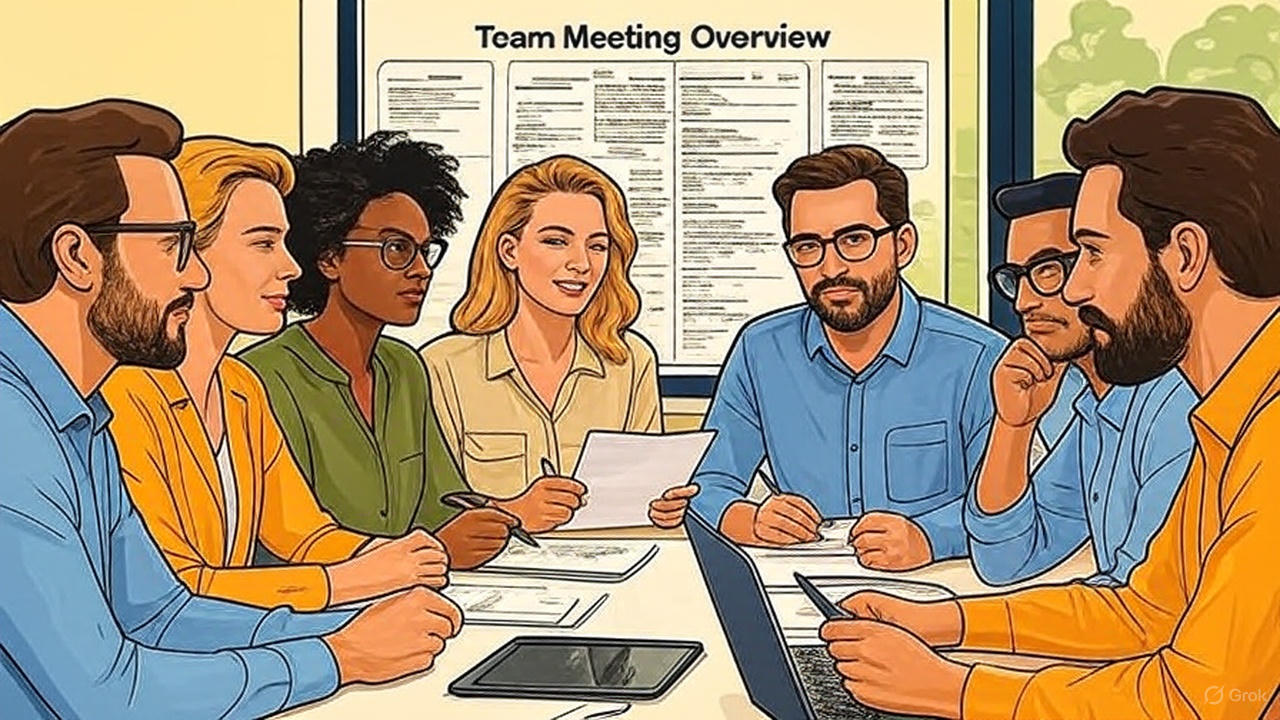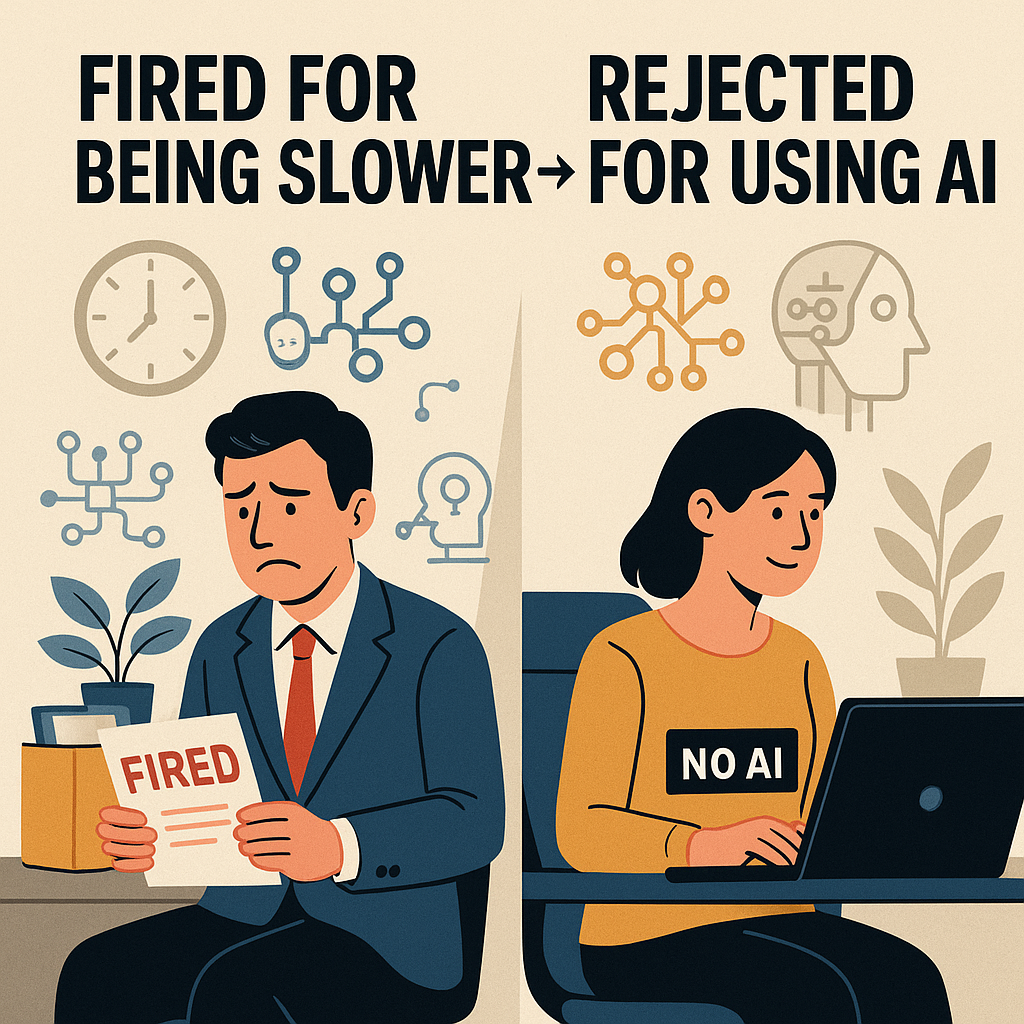
In today’s confusing job world, artificial intelligence is both a tool for growth and a reason for grief. Companies across the globe are proudly using AI to increase productivity and cut costs. At the same time, hiring teams in those very companies warn job seekers not to use AI tools when applying. This strange contradiction is at the heart of modern workplace culture. You are fired for not being as fast as a machine, yet told not to use that machine to help you get a job.
The wave of AI-led layoffs is no longer a prediction. It is real. A 2023 report by Goldman Sachs warned that AI could replace nearly 300 million jobs globally in the coming years. Big companies like IBM, Google, and even publishing houses have paused or slowed hiring for roles that they now believe AI can perform better. IBM alone announced that it would freeze hiring for almost 7,800 back-office roles, saying many of those tasks could soon be automated. From customer service bots to AI writing tools, machines are taking over tasks that humans were once paid to do.
A McKinsey report revealed that companies adopting AI saw a 20 to 30 percent rise in productivity in many routine jobs. For businesses trying to grow faster and cut payroll expenses, AI is a perfect fit. The machine does not take breaks, ask for sick leave, or need health insurance. It completes tasks in seconds that would take a human hours. Naturally, workers who cannot match this speed are either laid off or forced to work under pressure to keep up.
But when it comes to hiring new workers, the message suddenly flips. Many job listings now come with a warning: do not use ChatGPT or any AI tool to write your resume or cover letter. HR departments argue that AI-written content lacks emotion, originality, or personal connection. In some companies, if they detect AI-generated responses during application tasks or interviews, the candidate is immediately rejected.
This contradiction is not just confusing, it is unfair. If AI-generated content is efficient enough to replace a team, why is it not good enough to get you an interview? The logic seems broken. You are expected to work at AI speed after you’re hired, but must prove you are 100 percent human while applying.
A 2024 survey by Deloitte revealed the impact of this double standard. About 58 percent of employees in AI-heavy industries said they felt anxious about losing their jobs to automation. At the same time, 62 percent of job seekers admitted they were unsure whether using AI for help with job applications would disqualify them. This mix of fear and confusion is affecting mental health, productivity, and trust across the workforce.
Companies often say they want creativity, emotional intelligence, and unique voice in applications. But after hiring, many workers find themselves using strict templates, tone guides, and AI-based tools for all tasks. A writer may be told to sound like a bot. A designer may be given AI-generated layouts. A customer service agent may simply read from an AI-suggested script. The very "human qualities" that helped land the job are often sidelined by machines once the job begins.
This is not just a tech issue—it is becoming a moral one. If AI is part of daily work, why is it unethical to use it to apply for that work? In a world where keystrokes, log-in times, and even screen activity are monitored by AI tools, can we still say that the human worker is trusted or valued?
Glassdoor and LinkedIn data suggest rising burnout levels and falling employee satisfaction in sectors that have rapidly adopted AI. Job insecurity is now linked not just to performance, but to whether a machine can perform better. People are forced to compete with tools they are not even allowed to use openly.
In education, the problem starts even earlier. Students are often told not to use AI for assignments. But those same students will enter jobs where AI will be used daily. This gap between how we train young minds and what we expect from professionals is growing wider. The future workforce is being taught to fear the very tools they will need to survive.
So what can be done? Experts suggest three clear steps. First, companies must be consistent. If AI is a part of the workplace, then reasonable use of AI should be allowed in the hiring process too. Second, job descriptions should be honest about how much of the work is AI-guided. Third, HR teams should focus on evaluating ideas, not just grammar or phrasing. A candidate who uses AI to polish their thoughts should not be treated unfairly, especially when the final job may require them to use similar tools anyway.
Governments and labor groups also need to step in. There is a need for clear rules about AI use in hiring and firing. Workers should have the right to know how decisions are being made, whether by humans or algorithms.
At the heart of this issue is a bigger question: do we want a future where people are valued for being human, or only for behaving like machines? As companies race ahead with automation, they must remember that trust, fairness, and respect cannot be coded. They must be practiced.
The future of work should not be a space where you're fired for being too human and rejected for thinking like a machine. It should be a space where both technology and humanity grow together—not at the cost of each other.
Welcome to Work 2025. It's time we decide what kind of workplace we really want.


